Content marketing and blogging are the core part of digital marketing, which is one of the hottest in-demand professions nowadays. This is an obligatory module to learn in case students want to pursue a career in marketing or become a freelancer or even a business owner. Content marketing is not only about writing articles, but about telling stories, solving problems, and establishing trust with your listeners and readers. Blogging, however, is among the most viable methods of implementing the content marketing strategy. The combination of the two can increase visibility, engagement, and conversions.
In this guide, we’ll break down everything students need to know about the content marketing and blogging module in digital marketing—from basics to practical applications.
What is Content Marketing?
Content marketing is a business strategy in which the company produces and distributes valuable content such as blogs, videos, infographics, and social media posts to attract and engage their intended audience. It is not about pushing products as is the case with traditional advertising. It is more about getting helpful information, solving problems or establishing long-term relationships.
As an example, a fitness brand can write blog articles on 10-Minute Workouts for Busy Students rather than advertising protein shakes directly. In doing so, they have earned trust and eventually direct readers to their products or services.
Introduction to Blogging
One of the most efficient and most ancient tools in digital marketing is blogging. A blog is a web journal or source of information on which you can regularly publish. Blogs can be used to attract organic traffic to the business via search engine optimization (SEO) and build authority in a field.
To the students, blogging would act as a bridge to the digital marketing world. A blog can demonstrate your skills and help to get new opportunities whether you write about travelling, fashion, technology or even about your personal learning process.
Key Elements of the Content Marketing & Blogging Module
When you study this module in digital marketing, here are the core topics you’ll explore:
1. Content Strategy
How to identify your target audience, research topics they care about, and create a content calendar.
2. Content Creation
Learning different content types—blogs, articles, infographics, videos, podcasts—and how to craft engaging, original material.
3. Blogging Basics
Creating a blog on WordPress or Blogger, selecting a niche, writing posts that are search engine optimized and making the content readable.
4. SEO for Blogs
Understanding keyword research, on-page SEO (titles, meta descriptions, headings), and link building to help blogs rank higher on Google.
5. Content Promotion
Sharing blog posts on social media, email newsletters, and through collaborations to reach a wider audience.
6. Analytics & Measurement
Using tools like Google Analytics to measure traffic, engagement, and conversions, and then improving content strategy accordingly.
Benefits of Learning Blogging as a Student
- Hands-on Practice – Unlike theory, blogging lets you immediately apply what you learn.
- Portfolio Building – Your blog can serve as a portfolio to showcase to future employers.
- Income Opportunities – Monetization options include ads, sponsored posts, and affiliate marketing.
- Confidence & Communication – Regular writing improves clarity, confidence, and your ability to express ideas.
Tips for Students to Excel in Content Marketing & Blogging
1. Pick a Niche You Love – It’s easier to stay consistent when you write about something you’re passionate about.
2. Focus on Quality, Not Quantity – One well-researched, helpful blog post is better than ten rushed ones.
3. Learn SEO Early – Understanding how search engines work gives you a big advantage.
4. Engage With Readers – Respond to comments, encourage discussions, and build a community.
5. Keep Learning – Digital marketing is always evolving. Stay updated with trends, tools, and strategies.
Career Opportunities After Learning This Module
Once you master content marketing and blogging, several career paths open up:
- Content Writer
- Blogger/Influencer
- SEO Specialist
- Content Strategist
- Digital Marketing Executive
- Social Media Manager
You may also consider the freelancing option or begin with your own blog-based enterprise. There is no limit to what you can do with creativity and digital marketing expertise.
Your Next Step: Master Digital Marketing with Techmindz
Content Marketing & Blogging is not a regular chapter in the digital marketing, but rather a practical skill that allows students to become creators, storytellers, and marketers. Students can develop successful digital personas and establish a gateway to new and interesting professional paths by learning how to produce meaningful content, run a blog, and employ SEO.
As a student, you can take this module as a springboard to the digital world. You want to land that dream job, freelance, or even build your own enterprise, learn content marketing and blogging will provide you with the advantage you are seeking. You can have a practical training and industry specific knowledge by joining the Digital Marketing Course. It is easier, more practical, and career-oriented to learn digital marketing in our programs and through the guidance of our experts.
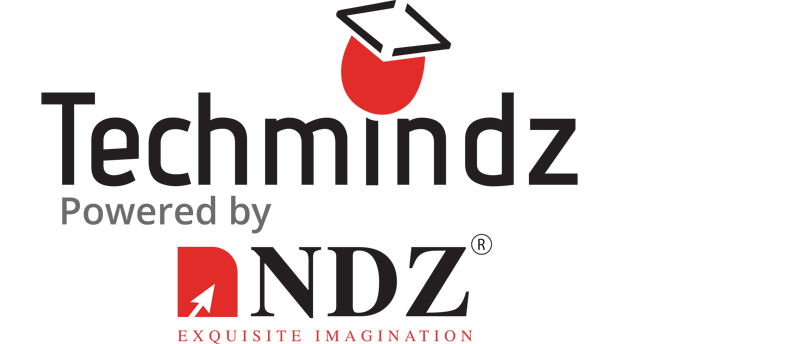
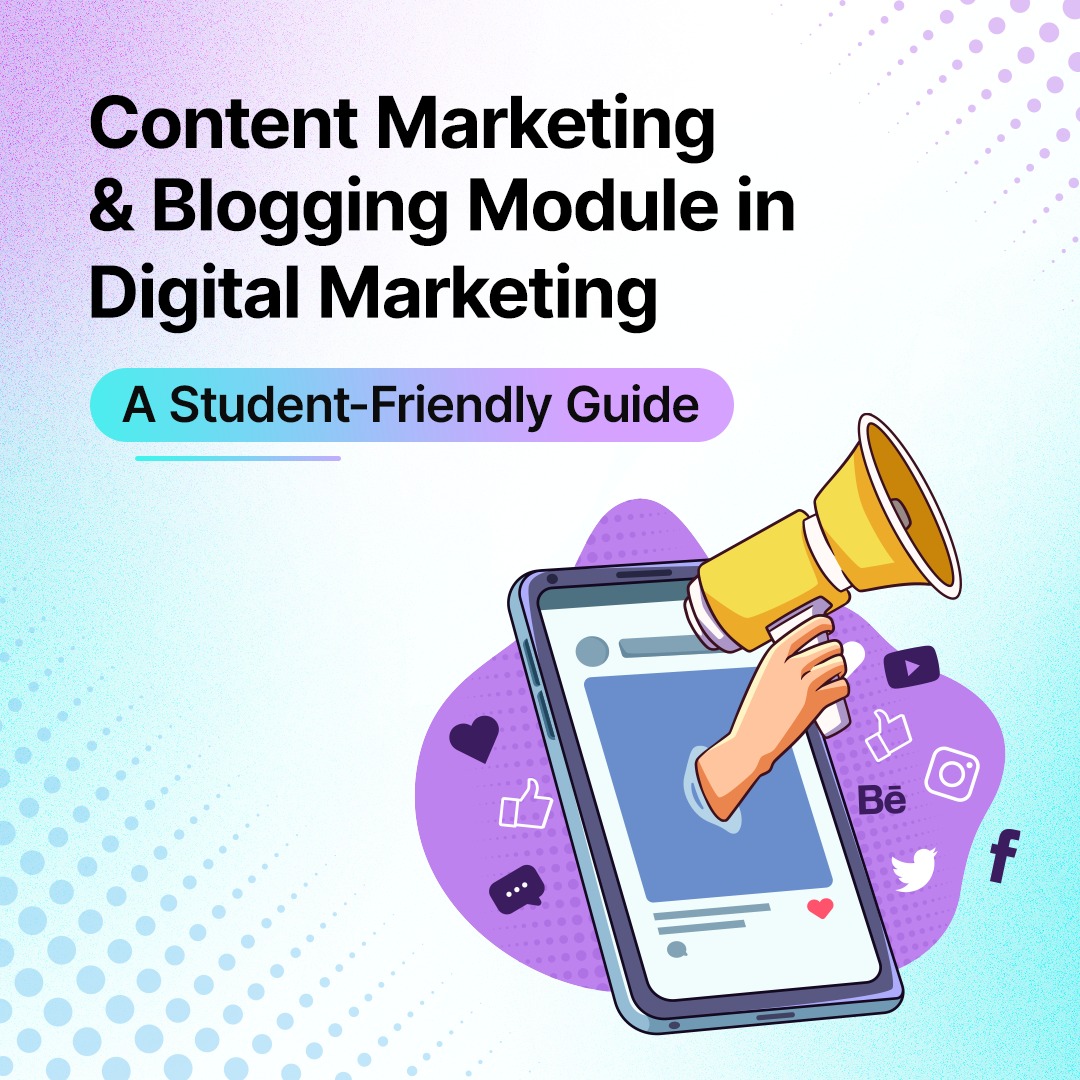

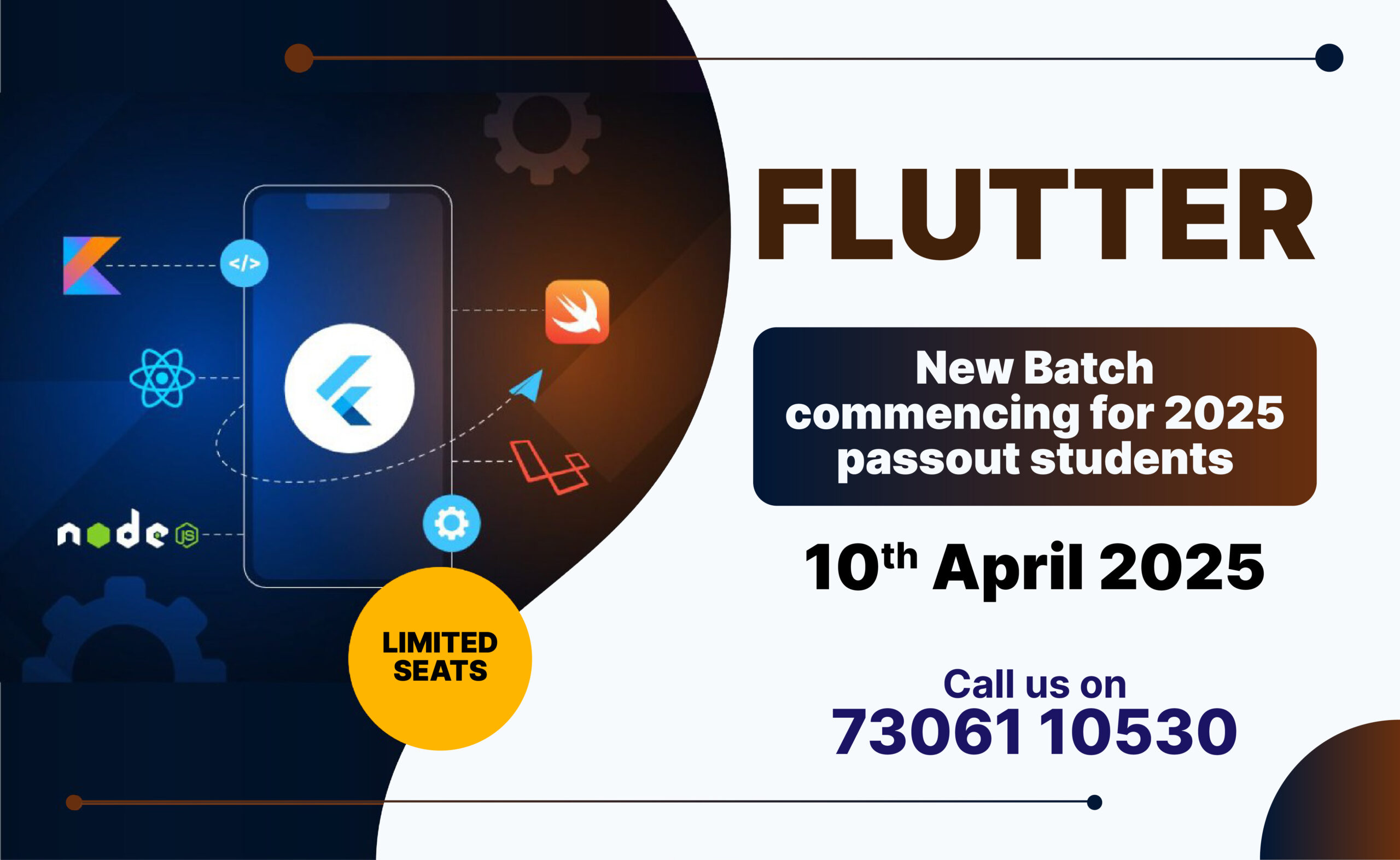
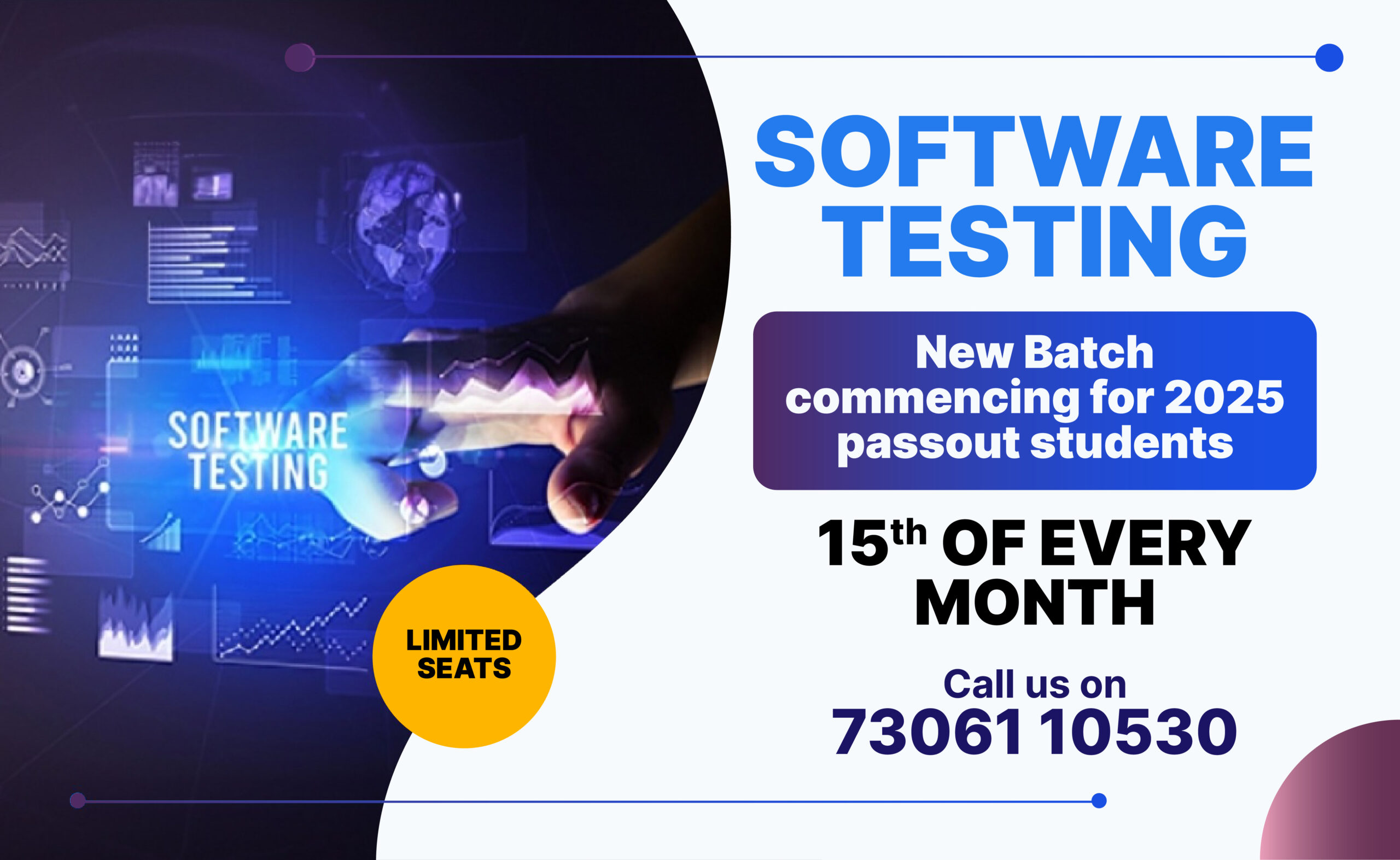
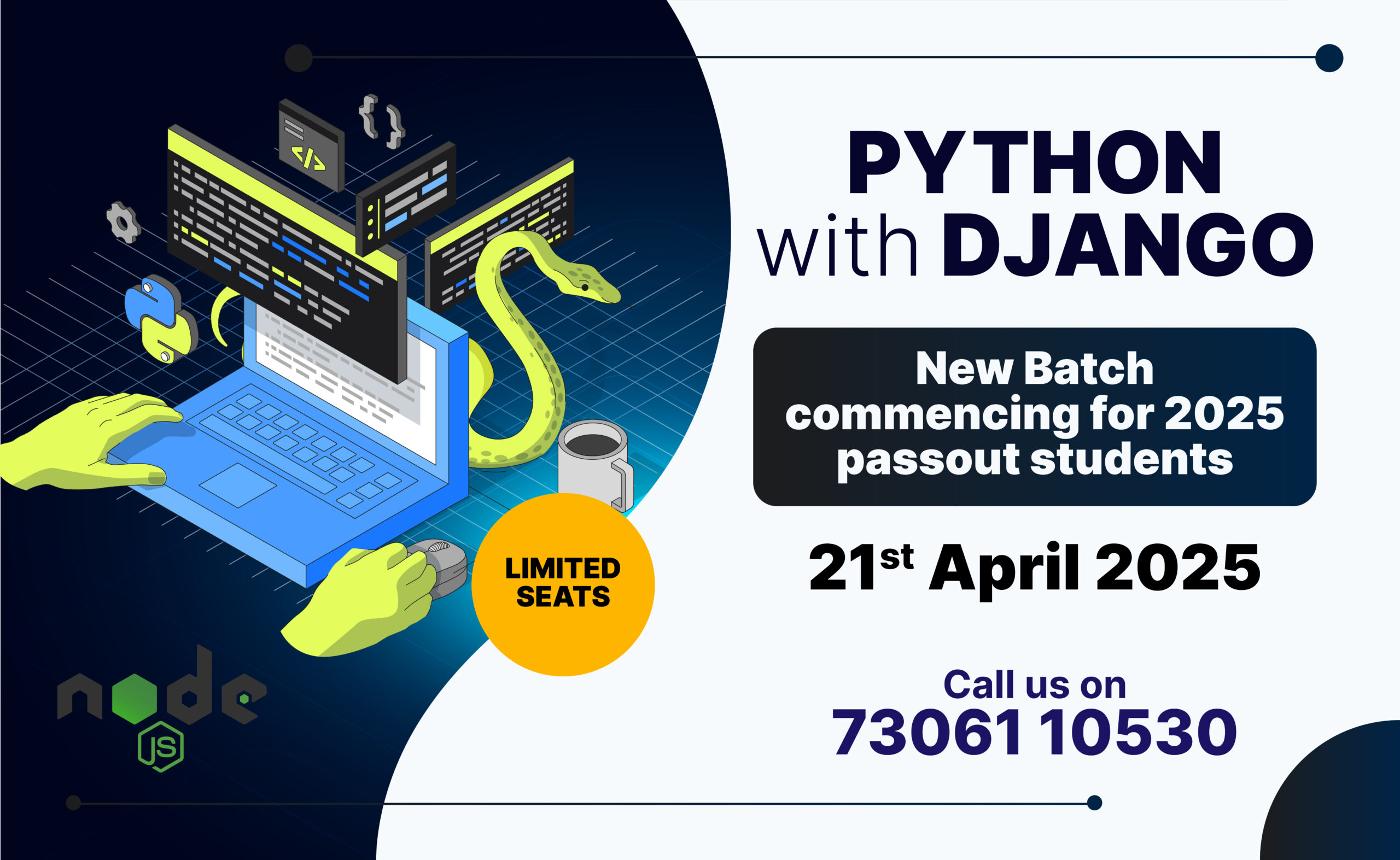
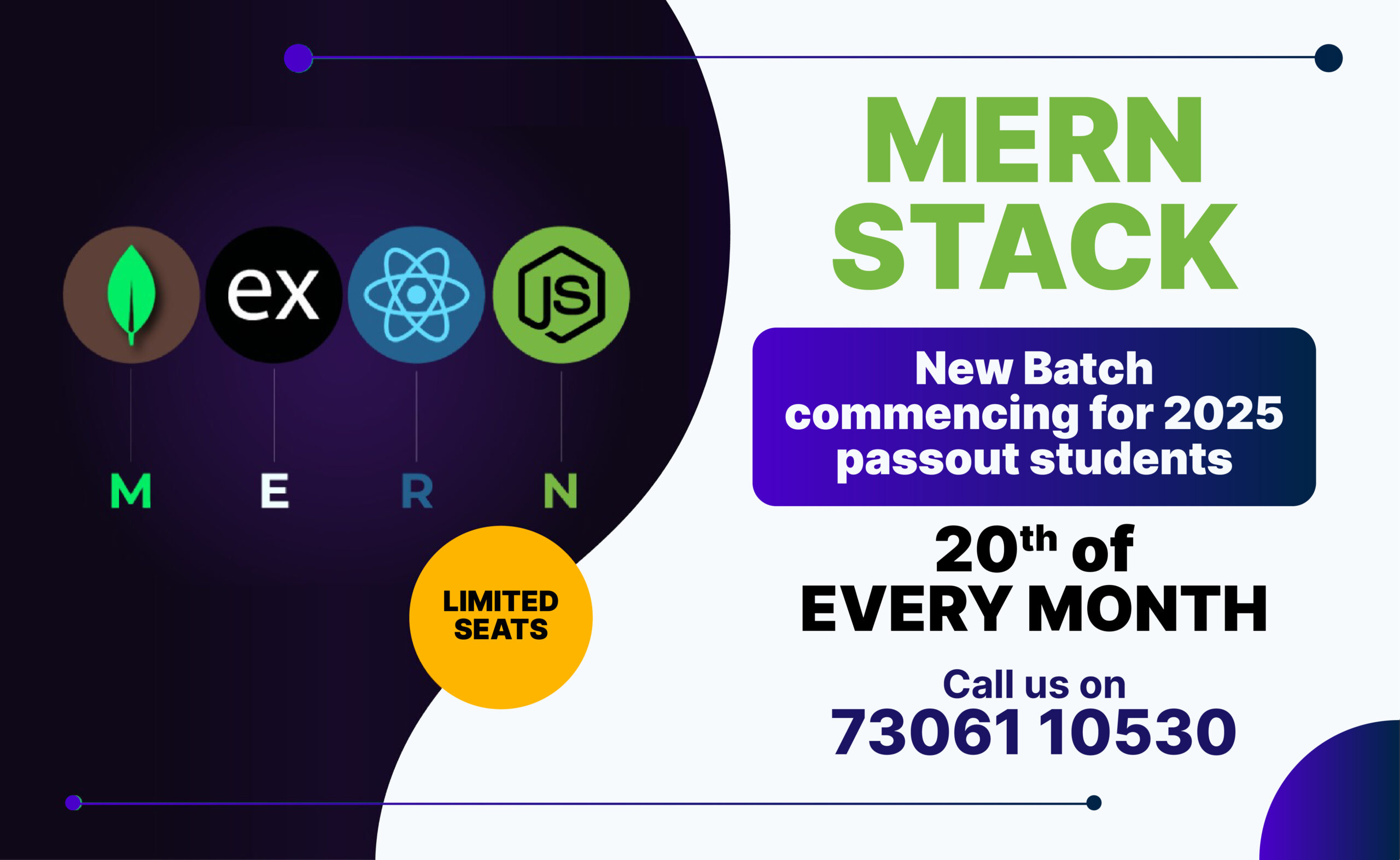
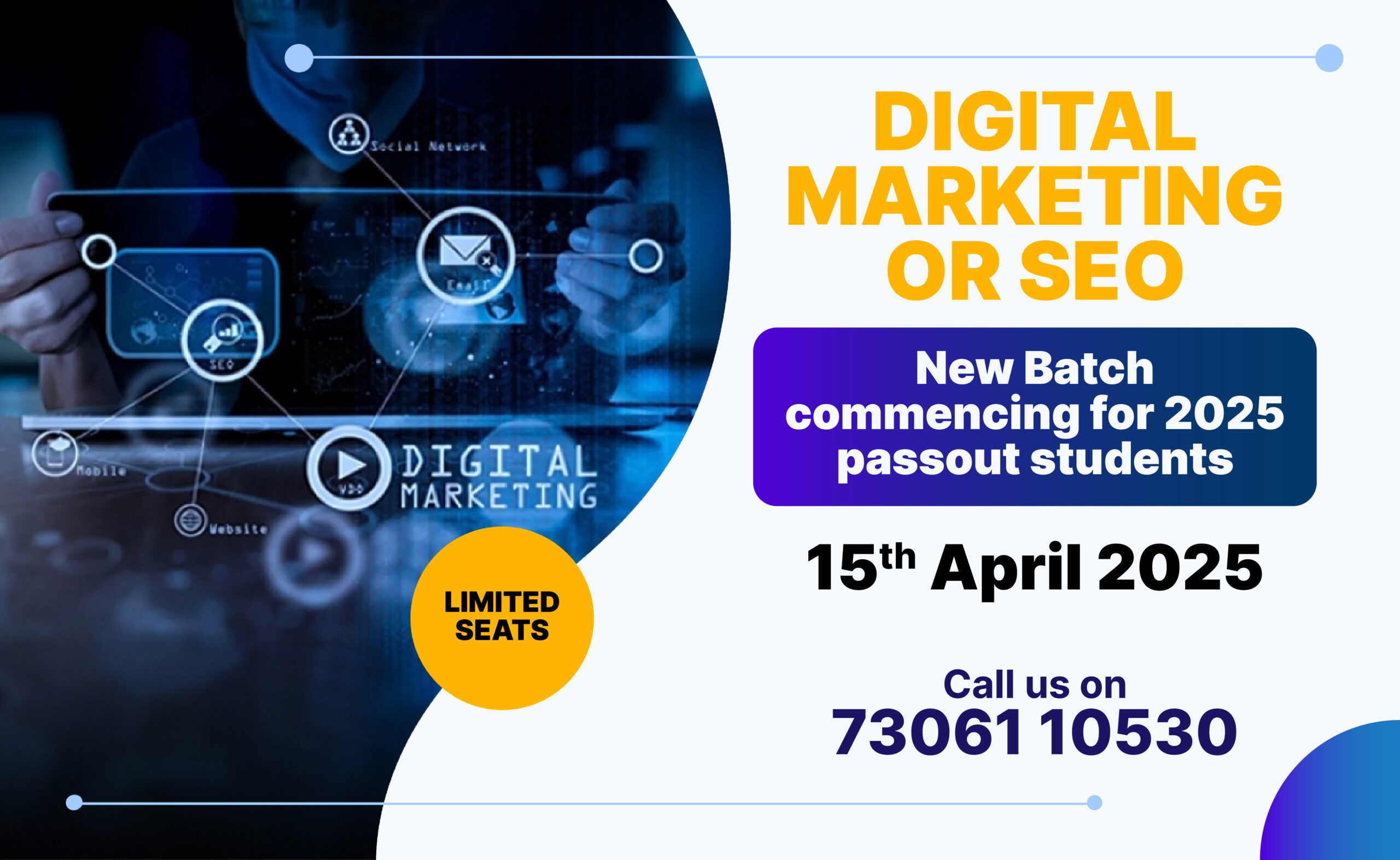
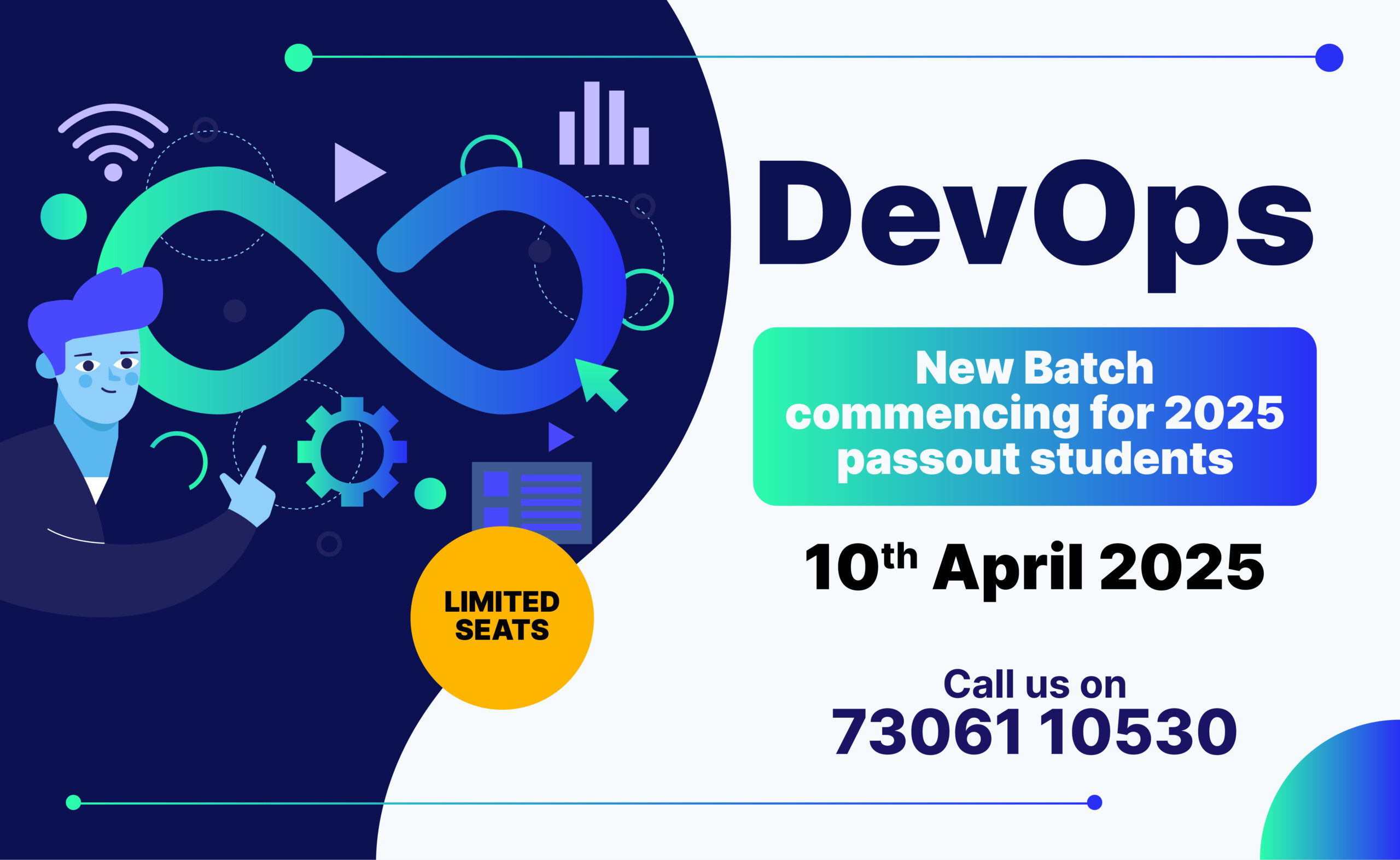

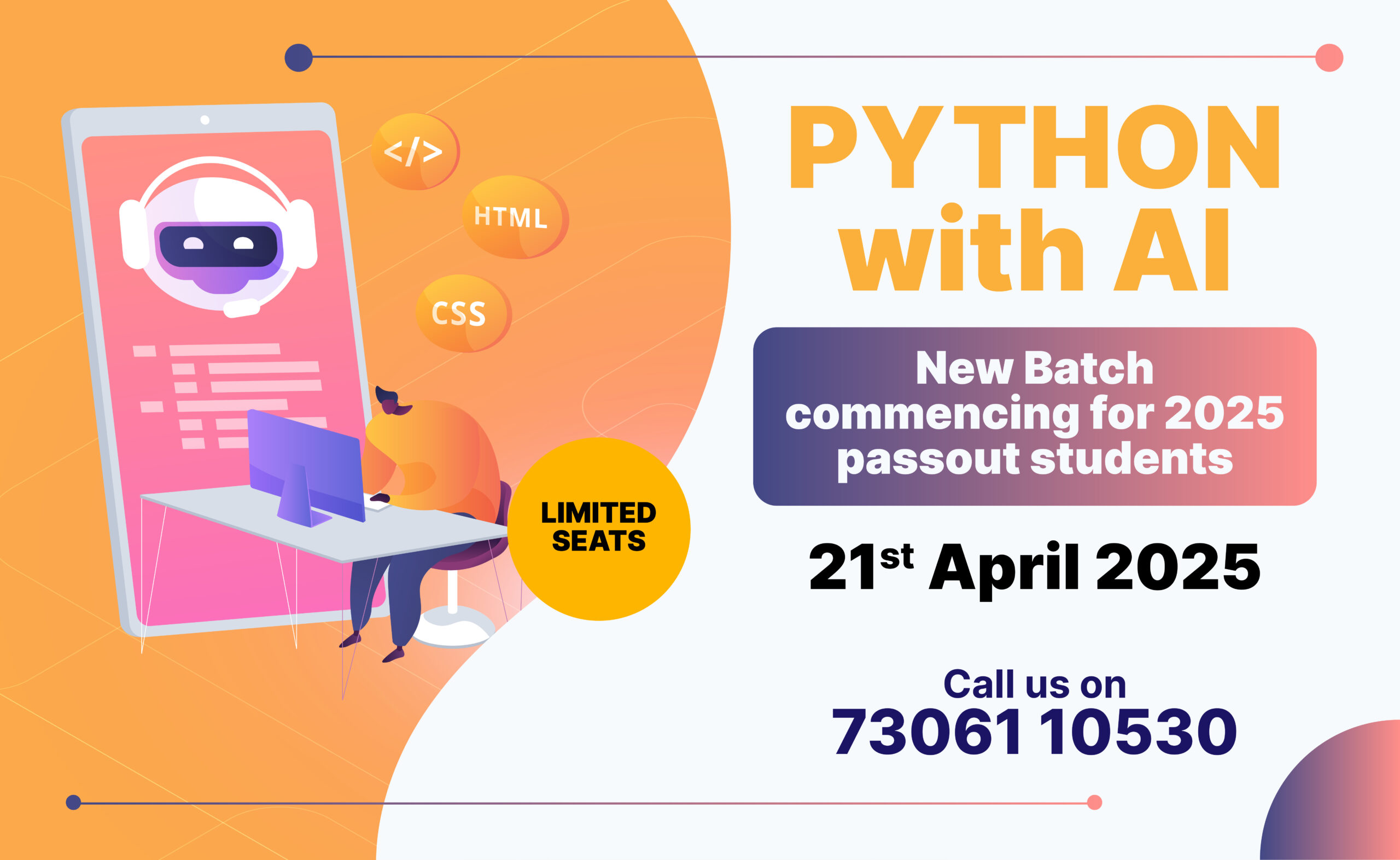
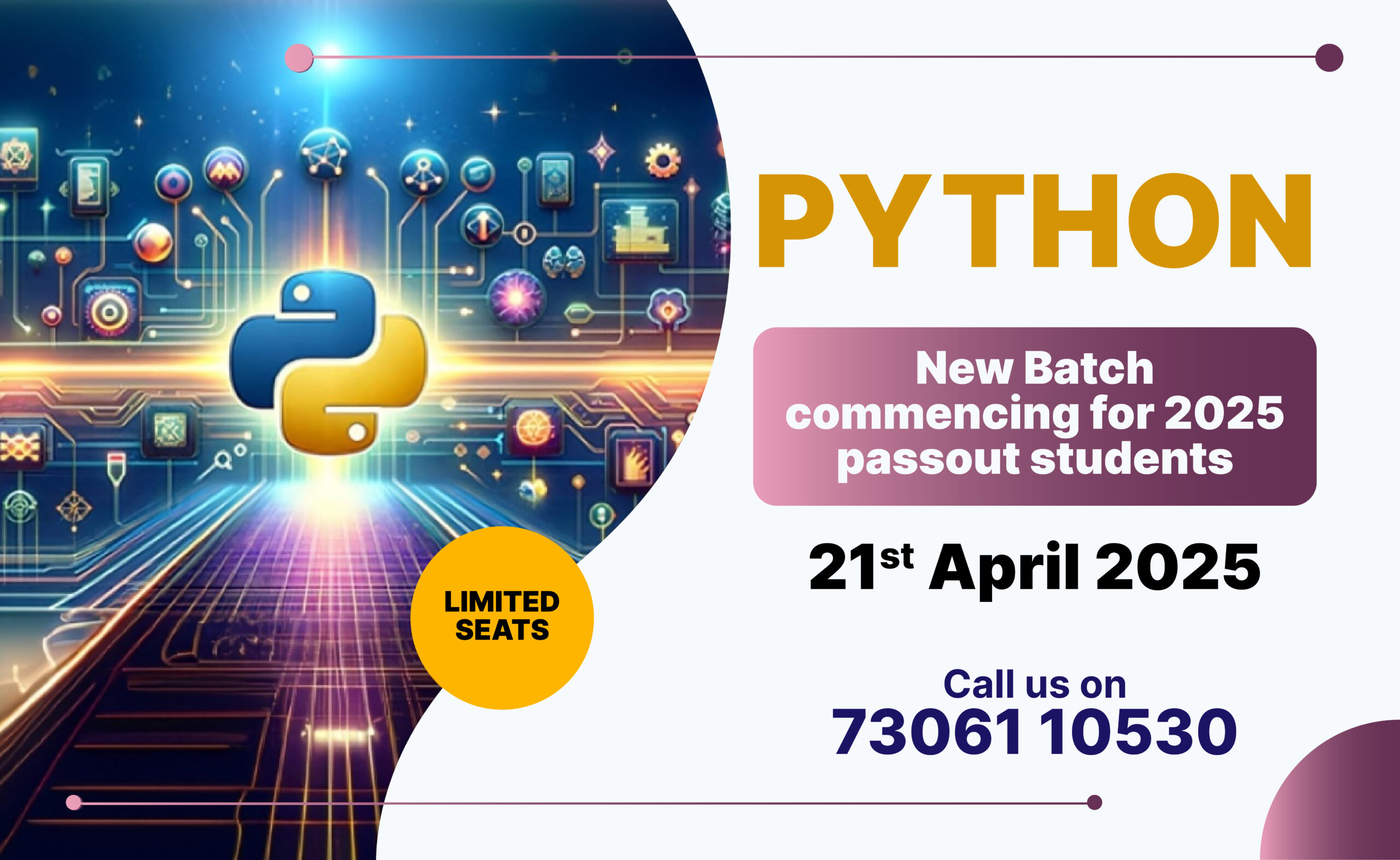
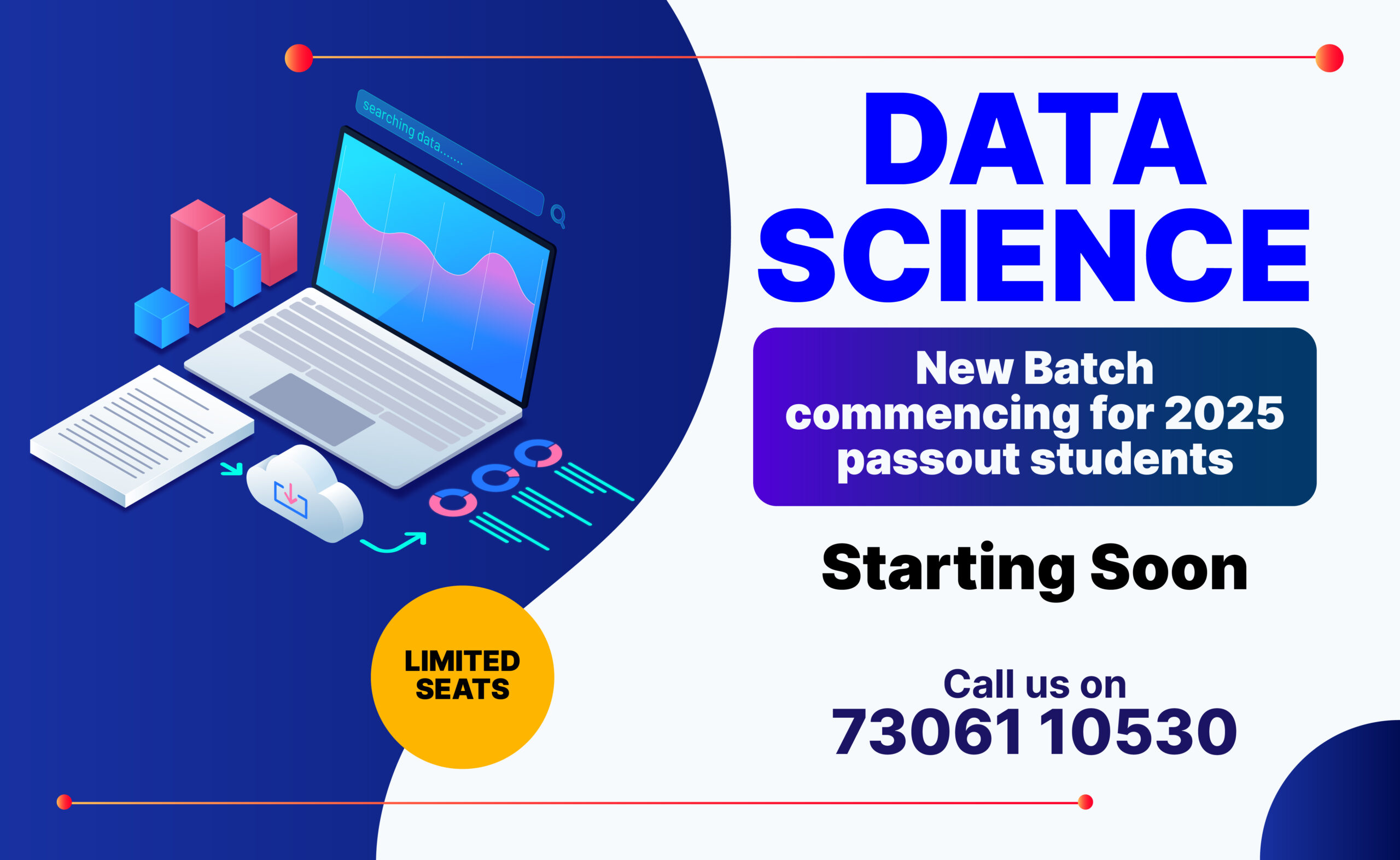
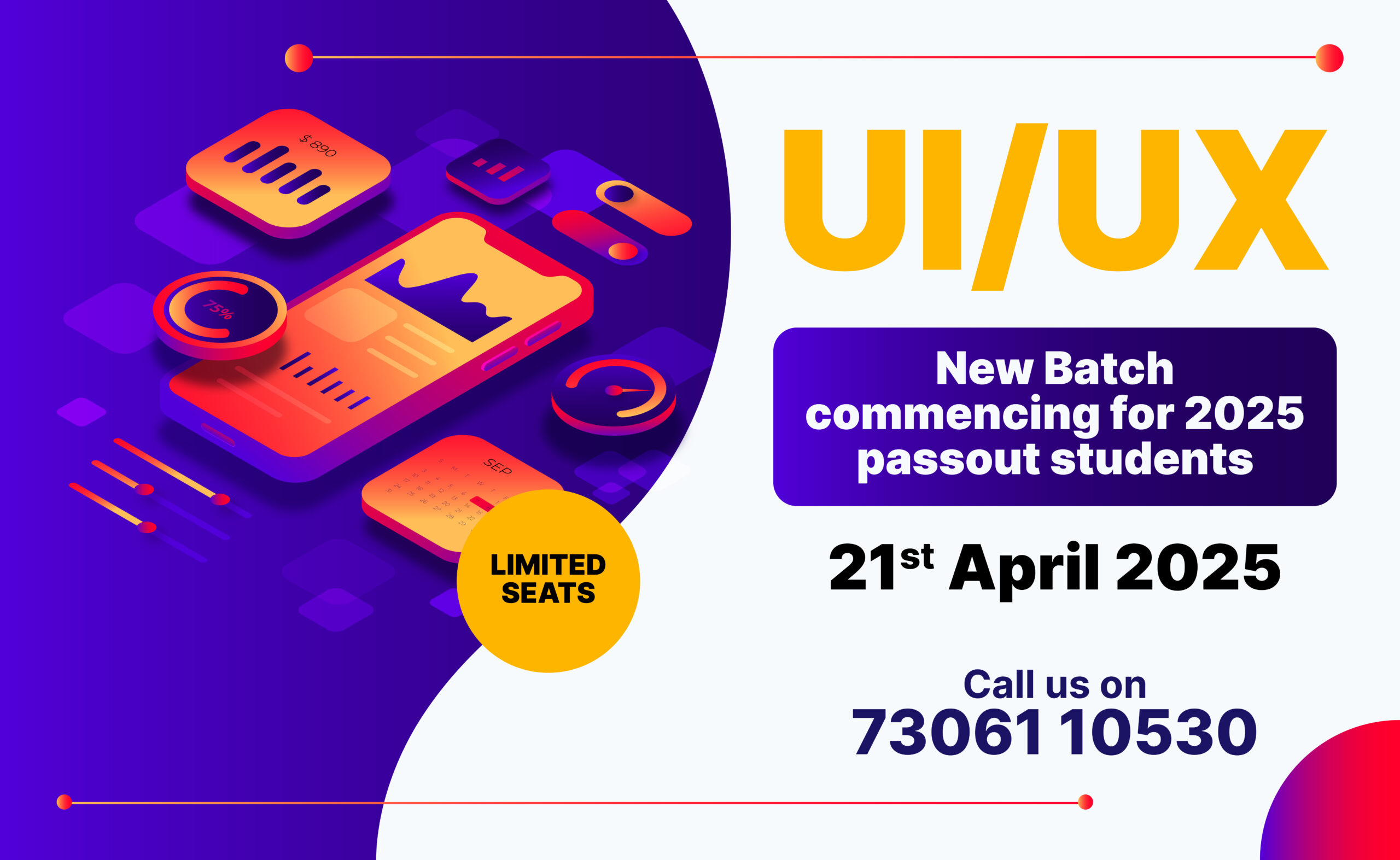
0 Comments